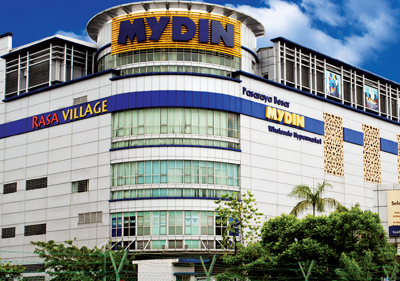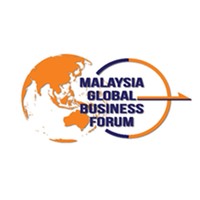The purpose of the International Day of Sign Language is to raise awareness of sign languages and strengthen the status of sign languages globally. The United Nations recognised day is celebrated annually on the 23rd of September. In conjunction with this important day the Malaysia Global Business Forum (MGBF) recognises those companies on the cutting edge improving the integration of those who rely on sign languages to communicate on a daily basis into the workplace.
While it has become commonly accepted that face masks are essential for preventing the spread of Covid-19, many may not be aware that this has put deaf people at a further disadvantage as they also communicate based on facial expressions and lip-read to understand a conversation.
Last May footage of Tan Lee Bee a sign language interpreter a went viral on social media due of her animated gestures and facial expressions as she translated the Prime Minister, Tan Sri Muhyiddin Yassin’s speeches during the early stages of MCO into Malaysian Sign Language.
Following a visit to the Malaysia Federation of the Deaf (MFD) it was learnt how face masks have affected communication for deaf and hard of hearing people during the pandemic. This crisis has highlighted how deaf people among others are most affected especially in terms of employment. They are often discriminated against because of their varied capabilities in the workplace coupled with the social stigma attached to people with disabilities. That is why the Malaysia Global Business Forum’s is recognising the companies at the forefront of employing deaf people.
Mydin Hypermarket started hiring persons with disabilities (PWD) in the 1950s when the family owned business started. In 2019, Mydin has 111 employees who are a person with disabilities. In a recent interview Datuk Ameer Ali Mydin, the company’s CEO stated “We were not selective with hiring, we want to offer jobs which help employees earn a decent living, something which they are proud to say that they are giving back to the society.”
McDonald’s Malaysia has a history of hiring people with disabilities. To date some 200 McDonalds staff are people with disabilities, including the deaf. The company provides training and a buddy system. McDonald’s cooperates with the Department of Social Welfare Malaysia (Jabatan Kebajikan Masyarakat Malaysia), Social Security Organisation (SOCSO), Department of Labour of Peninsular Malaysia to allow people with disabilities earn income.
Shell Malaysia is one of the companies in Malaysia that honors people with disabilities by giving them a chance to work in the company despite any circumstances. The companies upwards their mission of Diversity and Inclusivity (D&I) in the company’s culture. The example would be David, one of the storekeepers at Shell Malaysia, he is deaf and had been working for the company for more than 10 years.
Starbucks Malaysia opened its first signing store in 2016 at Kuala Lumpur. Followed by the second opening of signing Starbucks store in Penang. Starbucks has collaborated closely with the Society of Deaf Interpreters (S.I.D.) to allow deaf partners to be recruited, educated, and coached to serve some excellent beverages. The store in Penang is located in the middle of the historic deaf community. Not only do these stores create opportunities for employment of the deaf community but this signing store also hosts workshops and career development seminars.
KFC Malaysia began a ground breaking effort 26 years ago and remains incredibly proud of the Four (4) sign language community-friendly stores in the country. Located in Sentul Raya (Kuala Lumpur), Tanjung Aru (Sabah), Saujana (Sarawak), and Taman Masai (Johor). The stores are entirely run by the hearing and voice impaired workers, which has given equality and independence to more than 60 members of the community.
As we look beyond 2020 and moving past the COVID19 pandemic the role of education remains increasingly important. Sign language if not part of the academic curriculum could be an extracurricular activity starting from primary school all the way through university. Those who are able to hear can add sign language to their resume, an edge over other candidates looking to land a job in a leading company and a gateway into friendships in the deaf community.











